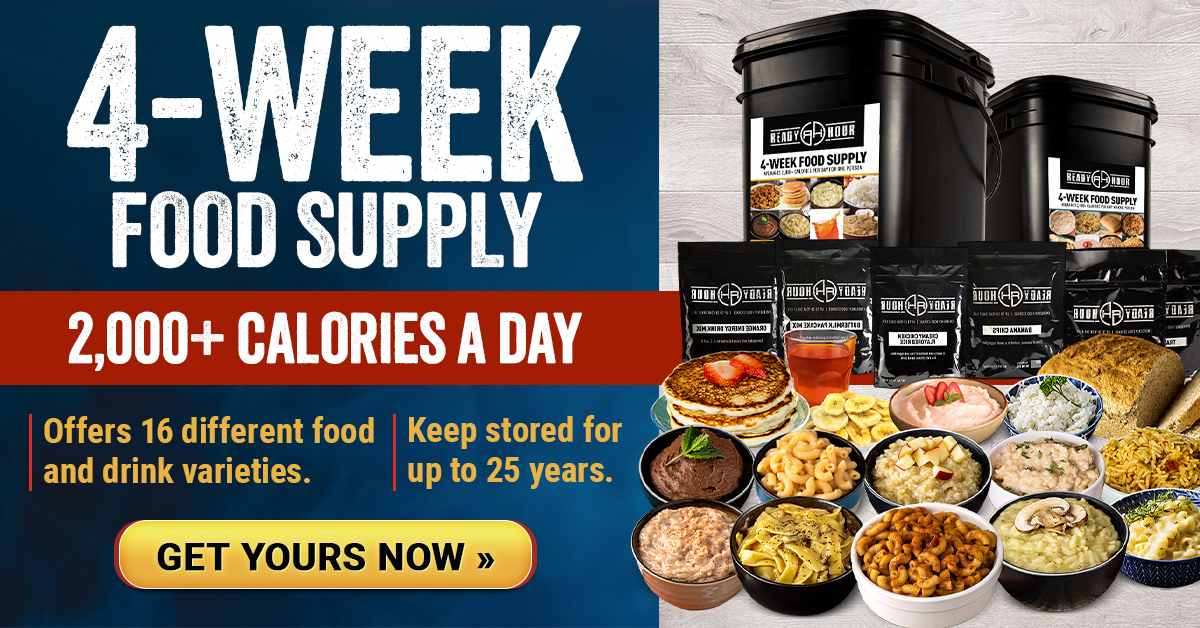(Natural News)—A 2022 study out of Canada that was used as justification to impose harsh restrictions on unvaccinated people accessing public venues has been exposed as a propaganda manuscript.
Researchers Joseph Hickey, Ph.D., and Denis Rancourt, Ph.D., published their own peer-reviewed study looking at the aforementioned fraudulent one, which was authored by epidemiologist Dr. David Fisman from the University of Toronto. They found that Fisman’s mathematical models are flawed, offering no true scientific backing for the imposition of anti-unvaccinated public policy.
According to Fisman, unvaccinated people pose a disproportionate risk to vaccinated people, even though the latter are supposed to be protected against disease because of their vaccines. Fisman’s claim is flawed, of course, and there is good reason for that: the guy appears to be a Big Pharma insider.
The Defender (Children’s Health Defense) reported that Fisman has worked as an adviser to vaccine makers like Pfizer, Seqirus, AstraZeneca, and Sanofi-Pasteur. He also directly advised the Canadian government on its Wuhan coronavirus (COVID-19) policies and restrictions.
(Related: Did you catch this story about the threat of post-COVID injection cardiovascular symptoms such as chest pain and heart palpitations?)
Lying for profit
In speaking to reporters about his flawed study, Fisman explained that the unvaccinated should not have a choice to remain as such because they are “creating risk for those around you.”
How an unvaccinated person could ever pose any kind of threat to a vaccinated person remains unknown since the shots are supposed to provide immunity to disease. Is Fisman admitting that vaccines do nothing to protect one’s health?
Even so, the media outlets Fisman spoke to ran with his anti-unvaccinated nonsense, producing bizarre headlines like:
- Salon: “Merely hanging out with unvaccinated puts the vaccinated at higher risk: study”
- Forbes: “Study Shows Unvaccinated People Are At Increased Risk Of Infecting The Vaccinated”
- Medscape: “My Choice? Unvaccinated Pose Outsize Risk to Vaccinated”
More than 100 other media outlets ran similarly bizarre and nonsensical headlines based on Fisman’s study while the Canadian Parliament used it as “evidence” to lock people down at home, shut down small businesses, and force the public into masking and getting “vaccinated” for COVID.
Hickey and Rancourt’s rebuttal study reveals that Fisman’s “susceptible-infectious-recovered (SIR)” model, which he used to draw his conclusions, contains a major flaw in contact frequency, one of its key parameters.
“When they adjusted that parameter to account for real-world data, the model produced a variety of contradictory outcomes, including one showing that segregating unvaccinated people can increase the epidemic severity among the vaccinated – the exact opposite of what Fisman et al. purported to show,” writes The Defender‘s Brenda Baletti, Ph.D..
“Hickey and Rancourt, researchers at Canada’s Correlation: Research in the Public Interest, concluded that without reliable empirical data to inform such SIR models, the models are ‘intrinsically limited’ and should not be used as a basis for policy.”
The two researchers attempted to publish their rebuttal paper in the same one in which Fisman’s appears, the Canadian Medical Association Journal (CMAJ), but it was refused because the journal’s editor, a collaborator of Fisman, refused to even look at it.
Despite receiving favorable peer reviews, the open-access version of CMAJ likewise refused to publish Hickey and Rancourt’s study.
According to Hickey and Rancourt, the entire thing has been a “tedious saga” marked by journal editors who “concocted a multitude of ancillary and unnecessary objections, apparently intended to be insurmountable barriers” in order to avoid publishing their study.
“What’s the point of vaccination if not to protect (allegedly) someone from catching the virus?” one commenter asked in response to Fisman’s erroneous conclusions.
Sound off about this article on the End Medical Tyranny Substack.
Is there ever a valid reason to get vaccinated? Find out more at Vaccines.news.
Sources for this article include:






How about a few of these dimwits run into a few doors.